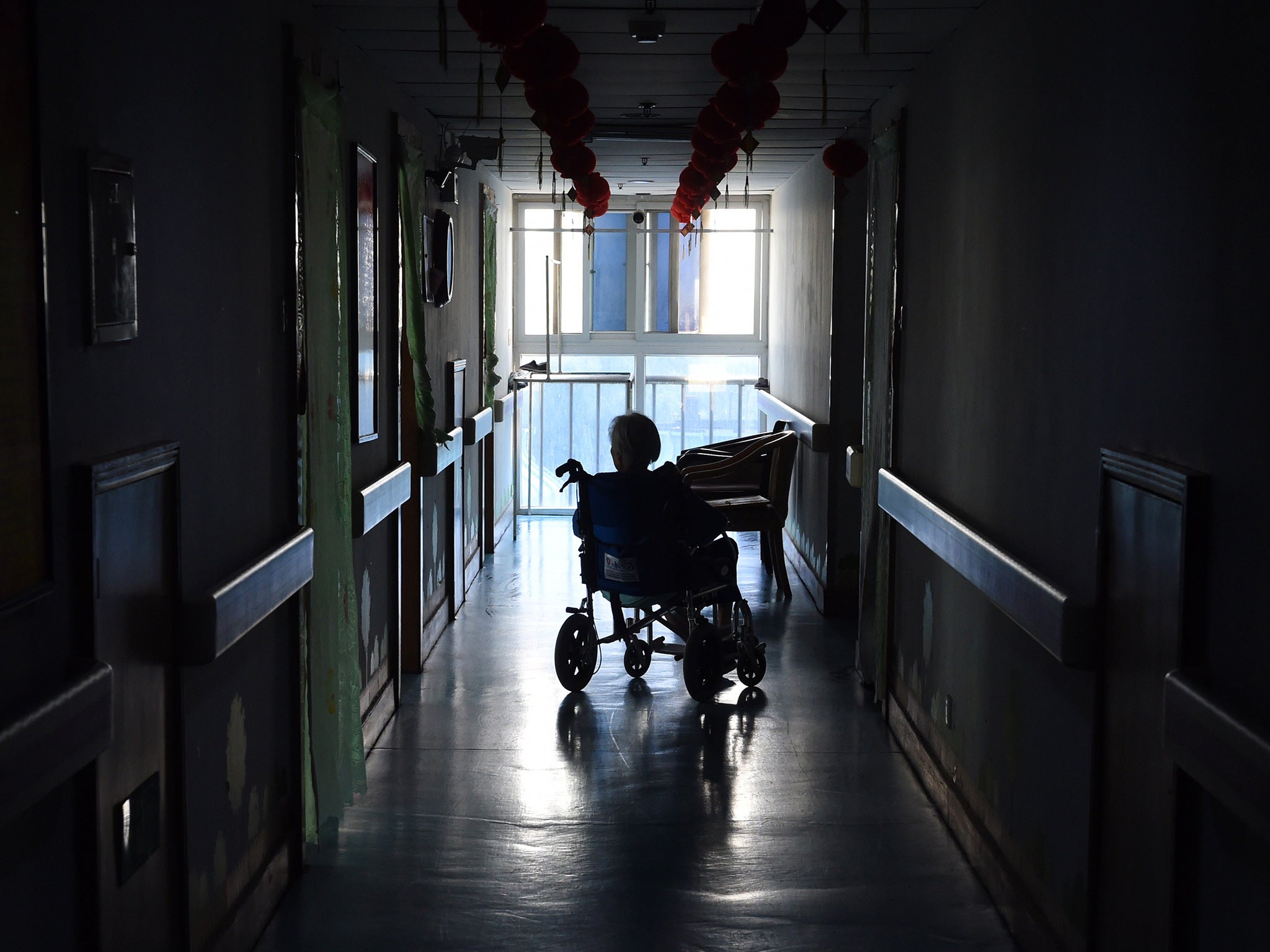Disabled people deserve better than being housed together in a Dickensian institution
When Bristol’s Labour-run council proposed moving disabled residents out of their homes and into care facilities, it sparked a public outcry. The plan has been stopped in its tracks – but, says James Moore, cash-strapped authorities elsewhere have taken note


Kudos to Bristol Reclaiming Independent Living (Bril), a grassroots group that has managed to halt one of the ugliest policies towards disabled people that I’ve seen in quite some time.
The city’s Labour-led council had decided that if residential care was a cheaper option than care at home, then disabled people affected would be “offered a place” in a residential care facility. In this context, “offered a place” translates as “forced to take up a place”.
And you thought shutting people up in institutions – out of sight, out of mind – was a grim relic of this country’s history.
Sadly, the fact that a policy is immoral, horrifying and disgusting, doesn’t always seem to move the dial when it comes to disabled people. We remain towards the bottom of the political pole when it comes to protected characteristics. Just not necessarily the public pole, which we’ll get to.
The campaigners, with the support of lawyers, were, however, able to show that the plan was potentially unlawful and a possible breach of the human rights of those in the firing line. That is the sort of thing that can give even the most recalcitrant of councils pause.
Trouble is, as Bril told the Disability News Service, the battle hasn’t been definitively won. In a letter to the Bristol Disability Equality Commission (BDEC), the council said only that “the policy will not be taken forward at this time”.
Note the last part of that statement – “at this time”. The BDEC has been asked to “consider how to build a system to fairly allocate adult social care funding within the agreed budget to meet the diverse needs of the population”. This likely kicks the issue over to a new administration, given there are elections due this year.
Just when you thought it was safe to go back into the water, it seems the sharks may still be circling. Not just in Bristol. Other local authorities will be watching.
The council’s letter blamed “central government austerity over the last 14 years, as well as the lack of progress on long-promised reform” for the policy.
It has a point there. A survey by the Local Government Association (LGA) following last year’s autumn statement showed that one in five council leaders and chief executives felt they were at risk of receiving a section 114 report – bankruptcy in all but name – this year or next.
In its pre-Budget submission to chancellor Jeremy Hunt, the LGA said the sector was facing a funding gap of £2.4bn in 2023-24 and £1.6bn in 2024-25. Rising social care costs were cited as a major reason.
Needless to say, this is not a problem created by disabled people. Au contraire. For too long, the government has sat on its hands and ignored the crisis in local government and in social care. The pigeons are now coming home to roost.
Earlier this week, ministers trumped the launch of a Disability Action Plan – 32 steps to make the UK “the most accessible place in the world for disabled people to live, work and thrive”.
Needless to say, it is not very accessible to put the nation into a time machine and send it back to the bad old days when disabled people were dumped into institutions and left to rot there. That cannot in any way be classed as “thriving”. “Dickensian” is closer to the mark.
So, yes, the government richly deserves a kicking for its three-wise-monkeys funding policy (see no evil, hear no evil, speak no evil). A large part of the blame for the dismal state of affairs is on Mr Hunt.
However, that doesn’t get the council’s leadership (Bristol is Labour-run, although the Greens have the most seats) off the hook. Their response to this miserable state of affairs was to craft a truly miserable policy, one that must have been truly terrifying for those who could have been on the receiving end. They must have felt like they had timebombs waiting outside their front doors, tick, tick, ticking, with the end result that they would be dragged from the wreckage of their homes. That the bomb has not been fully deactivated is also on the council.
I would gently suggest that the council casts its eyes in a northerly direction, specifically to York, where the decision by the Liberal Democrat/Green coalition to close the historic city centre off to blue badge holders played an important role in the administration getting booted out of office.
The voting public recoils from that sort of behaviour. They can see the problem, even if politicians can’t. Yet.
Bril isn’t going away – and there are other Brils in other parts of the country. Each of the main parties might care to reflect upon that.






Join our commenting forum
Join thought-provoking conversations, follow other Independent readers and see their replies
Comments